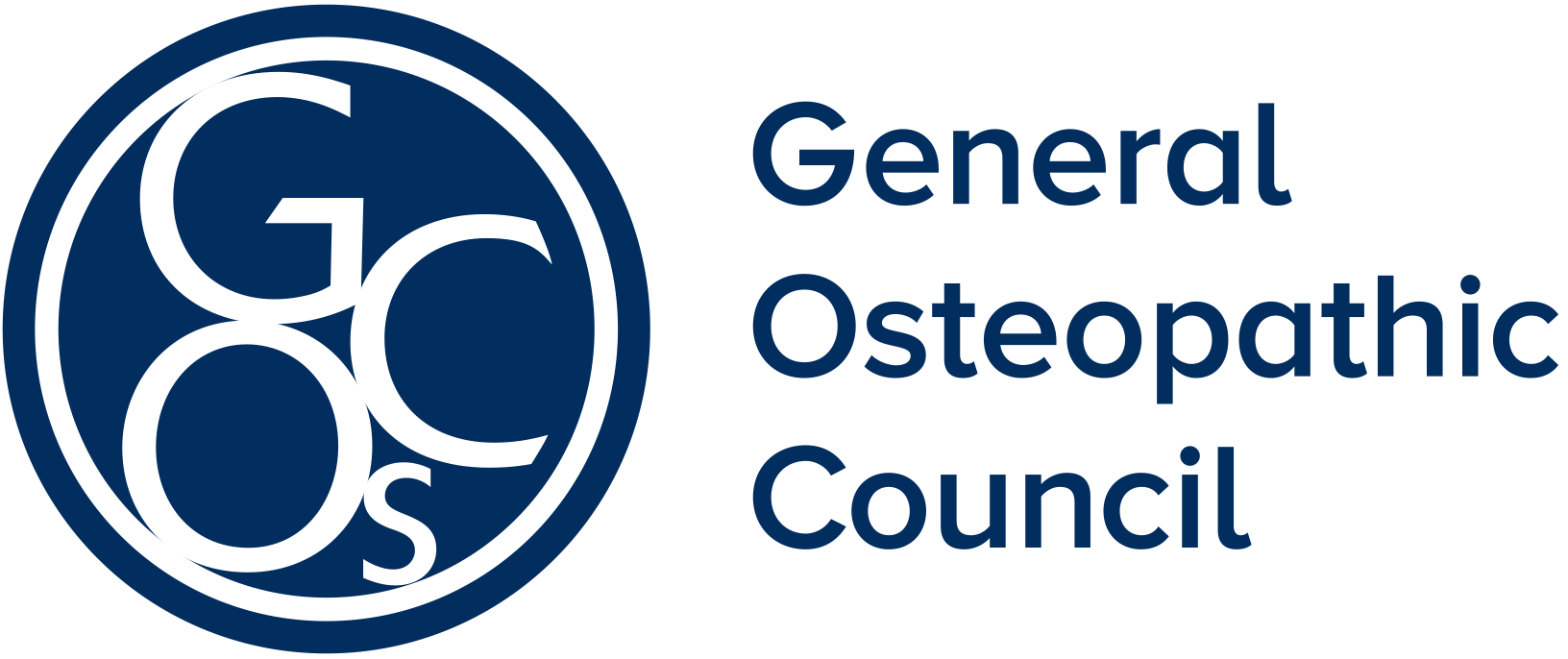D1. You must act with honesty and integrity in your professional practice.
- A lack of integrity in your practice can adversely affect patient care. Some examples are:
- putting your own interest above your duty to your patient
- subjecting a patient to an investigation or treatment that is unnecessary or not in their best interests
- deliberately withholding a necessary investigation, treatment or referral
- prolonging treatment unnecessarily
- putting pressure on a patient to obtain other professional advice or to purchase a product
- recommending a professional service or product solely for financial gain
- borrowing money from patients or accepting any other benefit that brings you financial gain.
- You should not allow misleading advertising or information about you and your practice. You should make sure that:
- Your advertising and promotional material, including website content, is legal, decent, honest and truthful as defined by the advertising standards authority (ASA) and conforms to current guidance, such as the UK Code of Non-broadcast Advertising and Direct and Promotional Marketing (the CAP code).
- The information you provide about your professional qualifications, practice arrangements and the services you provide is of a high standard and factually accurate.
- You do not use any title that implies you are a licensed medical practitioner if you are not; if you use the title ‘doctor’ because you have a PhD, other doctorate or you qualified as a medical doctor but you do not have a licence to practise, you should make this clear to patients and others.
- You do not generate publicity so frequently or in such a manner that it becomes a nuisance or puts those to whom it is directed under pressure to respond.
- You must have a professional indemnity insurance arrangement which provides appropriate cover in accordance with the requirements of the Osteopaths Act 1993 and the current Professional Indemnity Insurance Rules.
